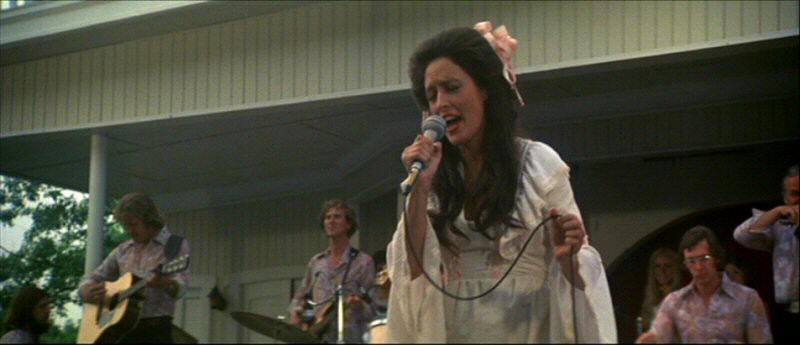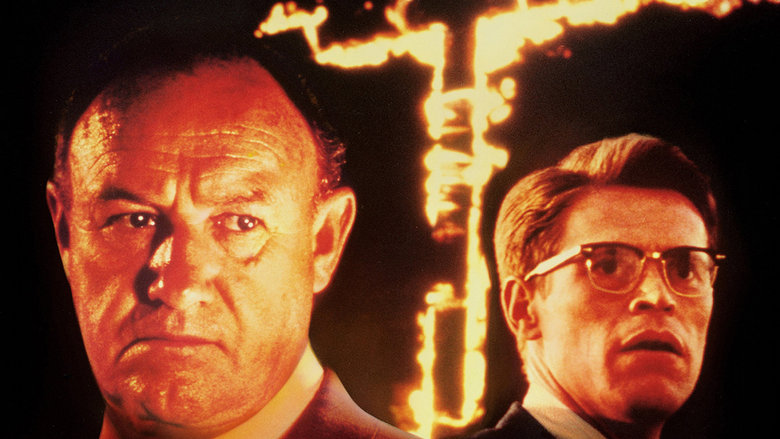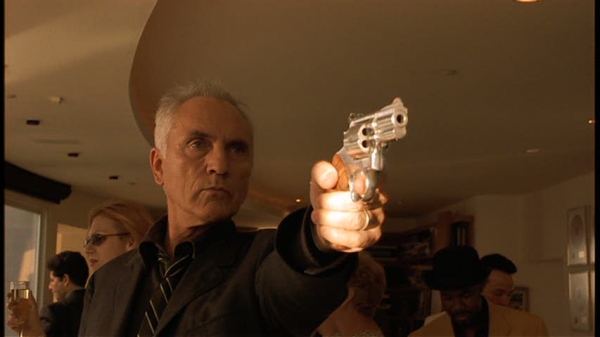It seems that I wrote (or completed) this in October 1999, for the American Movie Classics monthly magazine (I don’t recall which issue). — J.R.

The Nutty Professor (1963) — Jerry Lewis’s fourth and in some ways best constructed feature as writer-director-performer — is one of the finest versions of the Dr. Jekyll and Mr. Hyde story that we have, and not only because it happens to be the funniest. (It’s also the one with the best music: Les Brown’s band, and memorable versions of both “Stella by Starlight” and “That Old Black Magic”.) A good deal subtler than the raucous Eddie Murphy remake (1996), it illustrates the troubling perception that most of us prefer egotistical bullies to shy, sweet-tempered klutzes. It also provides us with an excellent opportunity for reassessing a multifaceted artist who has seldom received his due in this country.
Critical opinion has often described the overbearing Buddy Love, Lewis’s Mr. Hyde, as a reincarnation of Dean Martin, six years after the decisive breakup of the Martin and Lewis duo. Superficially this sounds like an ingenious notion, but in fact it misses the mark. Part of what’s so disturbing about Buddy Love — making his belated entrance about a third of the way through The Nutty Professor as a romantic stand-in for Julius Kelp, Lewis’s bumbling version of Dr. Read more
From Nashville Scene (cover story), March 10, 2011. This essay was commissioned by the late Jim Ridley, whose unexpected death was a grievous loss.
I’m sorry that I forgot to mention The Young One, surely one of the most neglected and overlooked of all great Southern films, explored in detail elsewhere on this site. — J.R.

In certain respects, the “Visions of the South” series of Southern
movies being launched in Nashville this week at The Belcourt deserves
to be applauded for its omissions as well as its inclusions. The most
conspicuous of these omissions is probably Robert Altman’s Nashville
(1975), which Brenda Lee once aptly described as “a dialectic collage of
unreality.” (Altman, at least, proved better at handling Mississippi —
in Thieves Like Us the year before Nashville, and in Cookie’s
Fortune a quarter of a century later.) 
We all know, of course, that Hollywood and even some of its maverick
celebrities have been guilty of fostering and/or perpetuating false images
of the South from the very beginning. A few other prominent and
dubious examples might include Jean Renoir’s The Southerner
(1945), Martin Ritt’s The Sound and the Fury (1959), Richard
Brooks’ Sweet Bird of Youth (1962), Otto Preminger’s Hurry
Sundown (1967), John Frankenheimer’s I Walk the Line
(1970), and, surely the most bogus of all, Alan Parker’s
Mississippi Burning (1989), with its outlandish errors
involving both Jim Crow and the FBI, just to get started. Read more

Many of Steven Soderbergh’s better films seem to exist in the shadow of their predecessors. For all its freshness, Sex, Lies, and Videotape, his first feature, was a replay of many self-referential movies about movies dating from the 60s and 70s. The Underneath was a more direct remake, of the 40s noir Criss Cross, and it was an interesting variation rather than any sort of improvement. Yet part of what’s so good about The Limey (1999, 91 min.), a contemporary thriller starring Terence Stamp as an ex-con avenging the death of his daughter, is the way it evokes Point Blank, which is still John Boorman’s best movie. The complex play with time, the metaphysical ambiguity, the stylish wit and violence, and the cool sense of LA architecture all evoke that singular Lee Marvin vehicle. For that matter, a lot of flashback material about the hero as a young man comes straight out of Ken Loach’s Poor Cow (1967). But with or without a sense of where it all comes from, this is a highly enjoyable and offbeat thriller — better to my taste than Soderbergh’s Out of Sight, though similarly quirky in how it sets about telling a story. Read more




